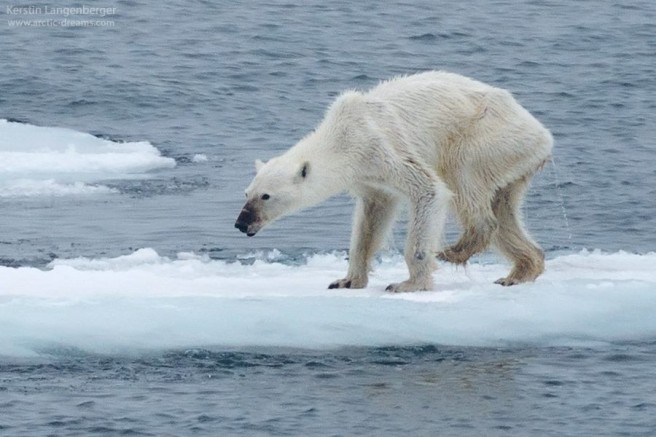It is commonly known and widely accepted that the greenhouse effect, i.e. the continuous increase of global temperatures, has now entered into an uncontrollable trajectory. The global temperatures observed in the years of 2015 and 2016 have rocked the boats of even the most optimistic scientists. With each consecutive month being characterised as the hottest month recorded since the 19th century. Of the 16 warmest years on record, 15 belong to the 21st century and 2016 is set to be the hottest year on record.
The unprecedented Paris agreement, signed by 177 countries on November of 2015, states that in order to avoid a large scale environmental crisis, increase in global temperatures must not exceed the limit of 1.5οC. In the intervening months global temperatures have risen by 1.3οC. The global scientific community is now contemplating the ominous, albeit more realistic limit of 2οC with future outreach to negative emission technologies (i.e. machines and appliances that absorb, instead of emitting CO2).
In the wake of this unprecedented environmental crisis, whose consequences are evident all around the world – from the melting permafrost in the Arctic cycle, to the extreme heat waves in Asia and Africa- it is our collective responsibility to reinvent our economies around green technologies and sustainability, whilst moving away from hydrocarbons and fossil fuels.
According to the UCL Investment Portfolio, University College London has £14.2 million invested in the following fossil fuel companies: BP, Total, Shell and BHP Billiton. Failing to acknowledge the glaring irony, UCL’s guiding principles state that ‘UCL will conduct itself ethically and fairly, and in an environmentally sustainable manner, locally, nationally and globally. The cognitive dissonance lies in the fact that –amongst many other things- Shell has been trying to drill in the Arctic for years, despite worldwide public outrage while BP is responsible for the largest oil spill in human history.
Experts warn that in order for the globe to not surpass the 2oC increase in global temperatures, less than a fifth of current fossil fuel reserves can be exploited. Yet, fossil fuel companies fail to invest in renewable alternatives, while maintaining and expanding their extractivistic investments in new oil reserves and projects.
This is why grassroots organisations and initiatives calling for divestment from fossil fuels are taking the world by storm.
24 UK universities have divested or pledged to completely divest from fossil fuels, most notably including those of Cambridge and Oxford and with the UK set to ratify the Paris agreement by the end of 2016, the arguments for divestment are as relevant as ever.
Burning of fossil fuels is one of the biggest contributors to climate change and this is why it is absolutely unacceptable to allow global, educational institutions like UCL to be complicit in environmental destruction.
So whether it is because you care about the future of these guys:

or simply because you acknowledge the fact that we are all global citizens and our actions have an effect both inside and outside our country’s borders, it is time to call for complete divestment.
It may be easier to take our children to a zoo, instead of having to explain to them why polar bears went extinct. But it will definitely not be easier to explain to them why we just stood by, numb and inert.
I don’t think that an extravagant or sonorous epilogue is needed. The message is simple. And so is reality.
